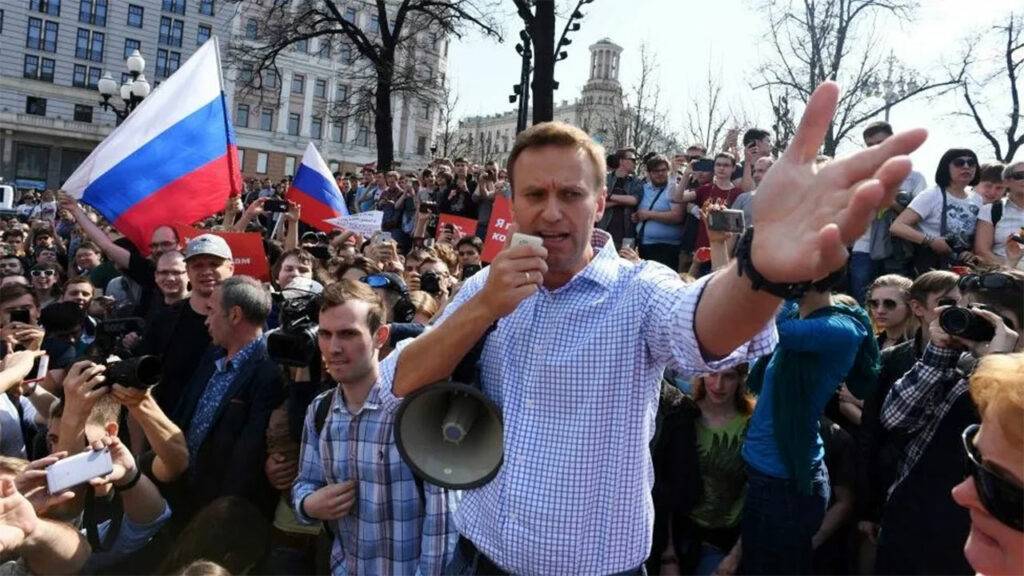The recent announcement of the death of Alexei A. Navalny, Russia’s prominent opposition leader, has raised questions and concerns worldwide. The Russian government’s lack of transparency surrounding Navalny’s demise has fueled speculation and demands for answers.
In this article, we delve into the cause of Alexei Navalny’s death and explore the broader question of how Putin’s critics have met their end in Russia.

Alexei Navalny Cause of Death
The Russian government’s announcement of Alexei Navalny’s death has left the world in shock and skepticism. While the official statement from Russia’s prison service claims Navalny felt suddenly unwell during a walk, details surrounding his death remain shrouded in mystery. Medical workers reportedly performed resuscitation procedures without success, but doubts linger.
According to a doctor near Navalny’s Arctic Circle prison, the closest ambulance team was 35 kilometers away, raising questions about the effectiveness of the emergency response. “Who were they resuscitating?” the doctor queried anonymously, highlighting the opacity surrounding Navalny’s demise.
President Biden voiced suspicions, stating, “We don’t know exactly what happened, but there’s no doubt that the death of Navalny was the consequence of something that Putin and his thugs did.”
How Putin Critic Died in Russia
Navalny, Russia’s most significant opposition leader in the past decade, was serving a 19-year sentence on widely criticized extremism charges. His death, occurring in an Arctic Circle jail, raises suspicions of political motivations. President Putin’s most vocal critic had been moved to one of Russia’s toughest penal colonies late last year.
Navalny’s death follows a pattern of Russian opposition figures meeting untimely ends. Critics who challenge Putin’s rule often face dire consequences. The international community, including the United States, France, and Norway, has condemned the apparent suppression of dissent.
President Biden’s Response
President Biden expressed doubt about the official narrative, stating, “We don’t know exactly what happened, but there’s no doubt that the death of Navalny was the consequence of something that Putin and his thugs did.”
The Kremlin spokesperson, Dmitri S. Peskov, offered little clarity, employing the government’s usual legal language, claiming that all necessary checks and procedures were underway.
Navalny’s Legacy and Putin’s Critics
Navalny’s death marks a significant loss for Russia’s opposition. Serving a 19-year sentence on widely contested extremism charges, he was a vocal critic of President Vladimir Putin. The circumstances surrounding his death raised concerns about the fate of Putin’s critics, echoing previous instances where prominent figures challenging the regime met untimely ends.
International Reactions
The international community has reacted strongly to Navalny’s death. President Biden squarely placed responsibility on Putin, stating, “What has happened is yet more proof of Putin’s brutality.” France highlighted Navalny’s sacrifice in resisting Russian “oppression,” emphasizing the global impact of his demise.
UK Foreign Minister David Cameron condemned Putin’s regime, reinforcing the dreadful nature of Russia’s current governance.
Conclusion
The cause of Alexei Navalny’s death remains shrouded in uncertainty, reflecting broader concerns about the fate of Putin’s critics in Russia. International pressure continues to mount, demanding transparency and accountability. As the world awaits further developments, Navalny’s legacy as a tenacious opponent of Putin’s regime endures, leaving a void in Russia’s opposition movement.


